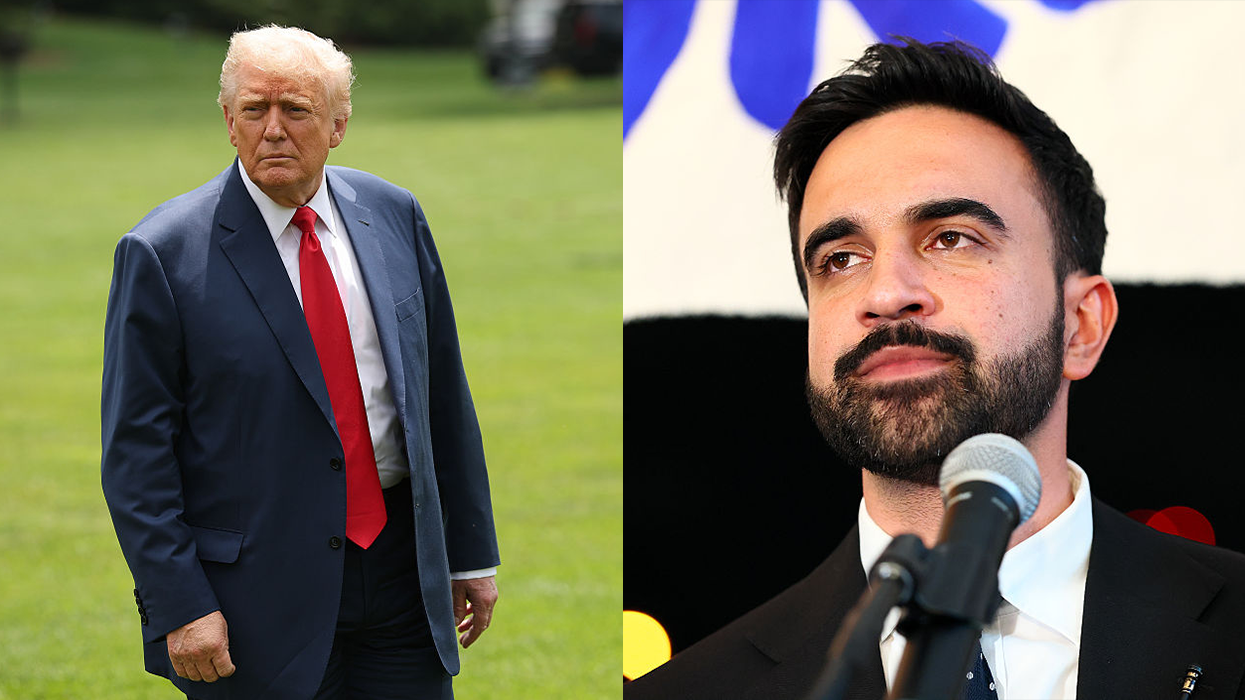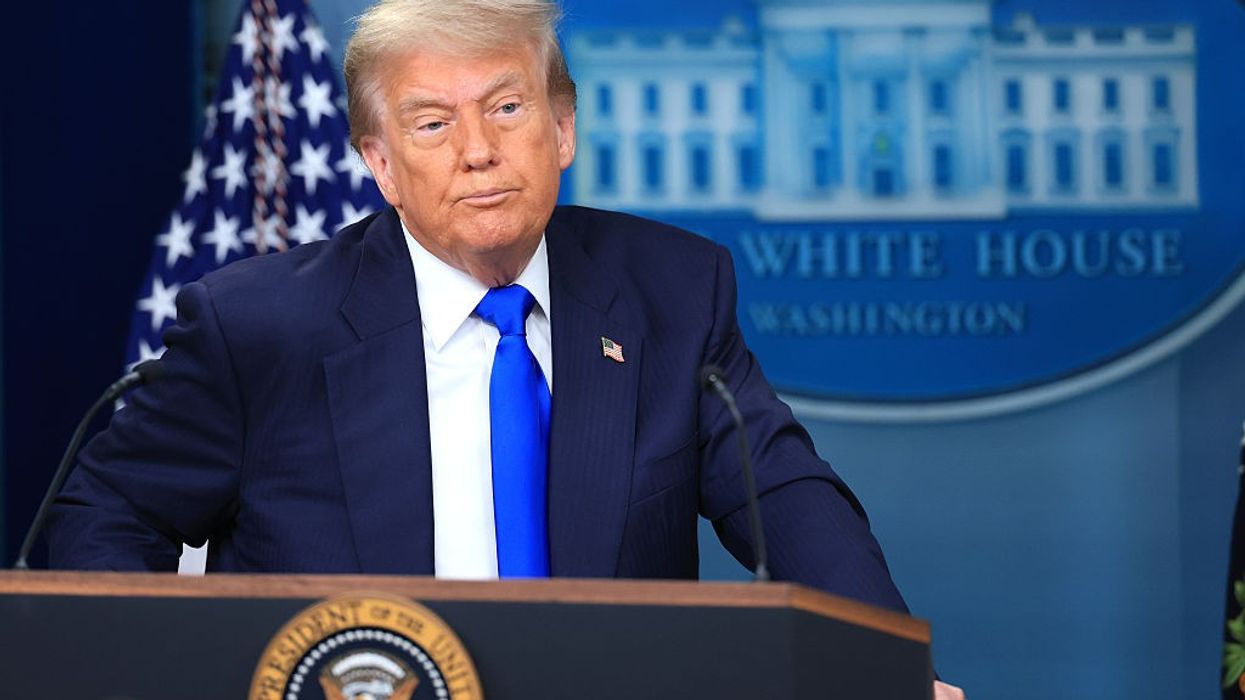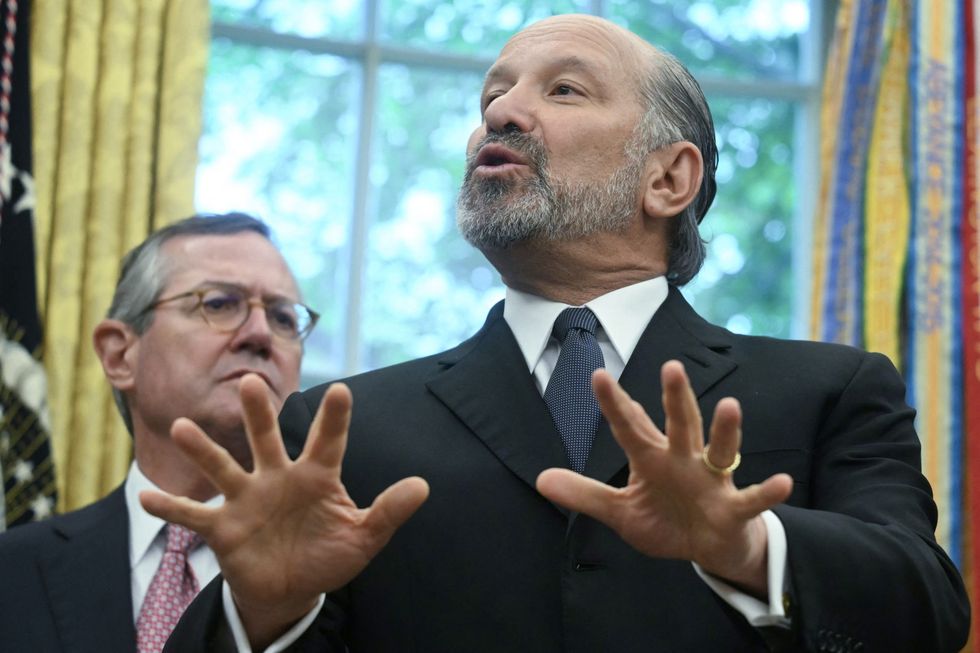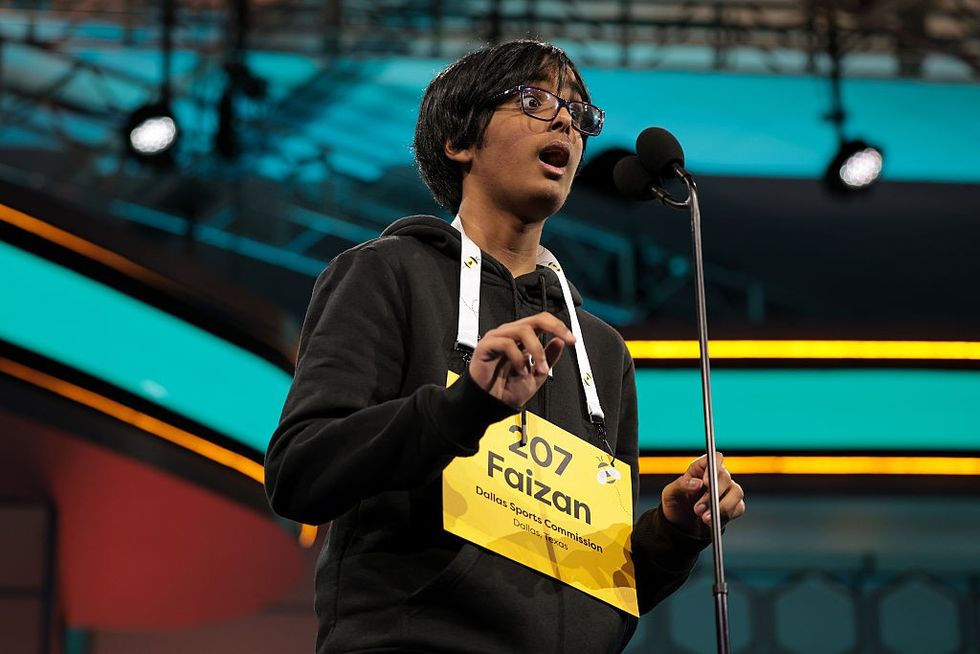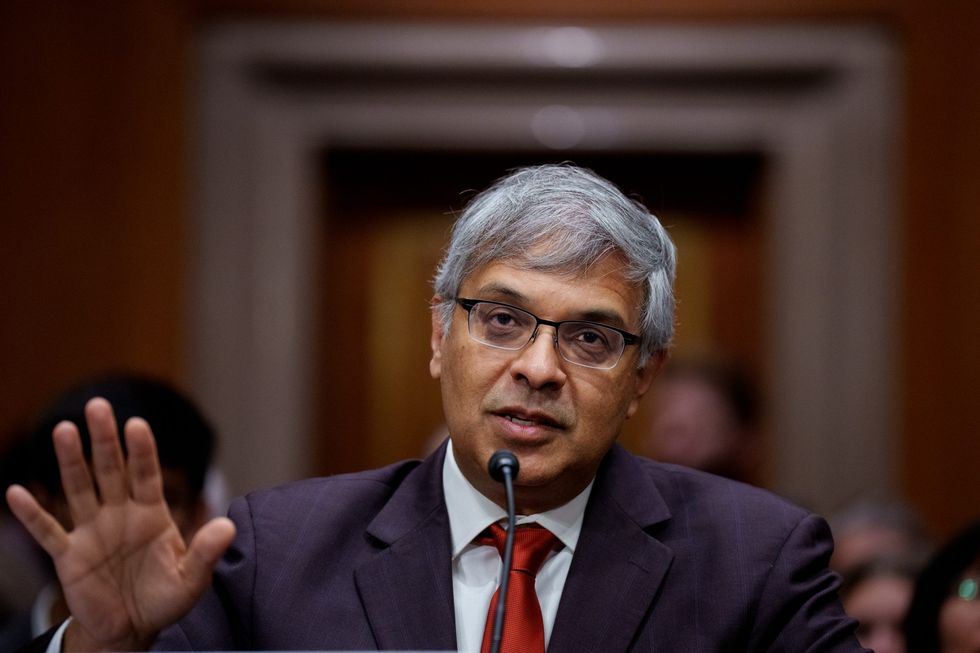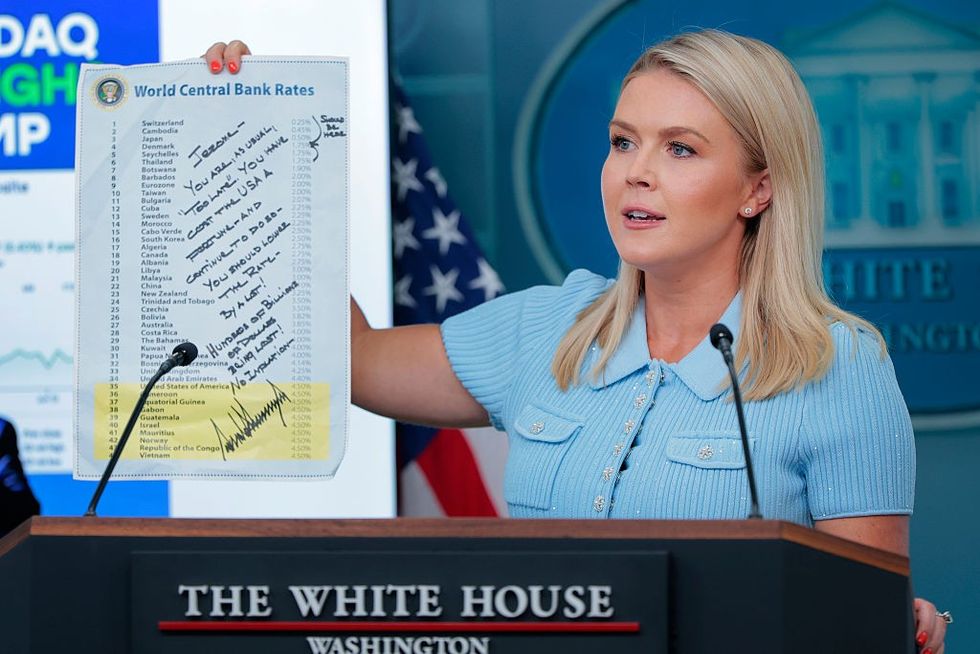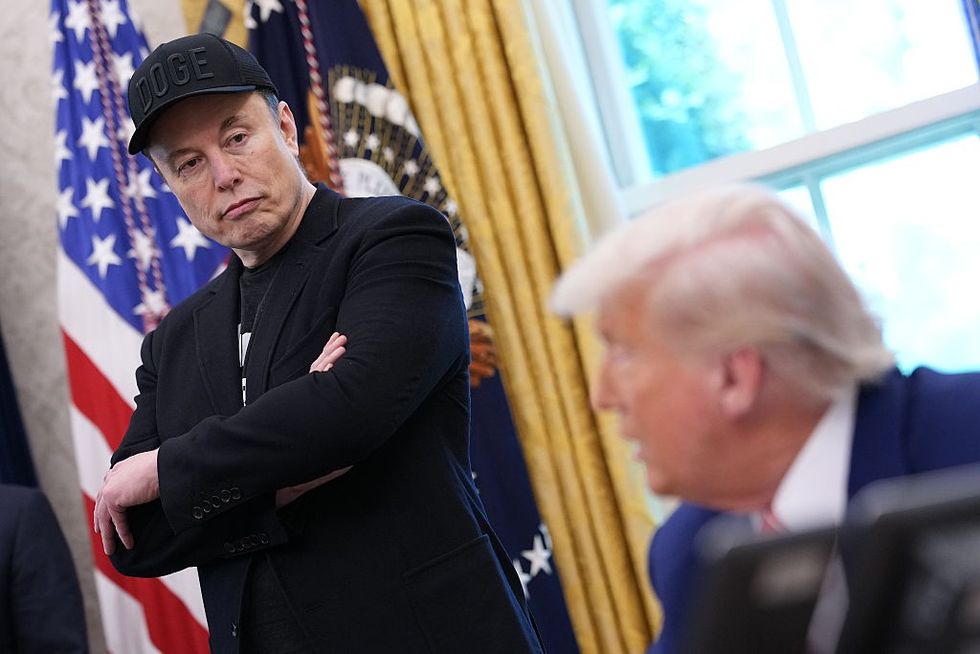NEARLY a month after the murder of Babita Deokaran, the government of South Africa has launched a unit to encourage and protect whistleblowers with an aim to root out corruption, the country’s online news portal News24 said.
Speaking at the launch of the unit on Monday (21), minister of public service and administration Ayanda Dlodlo said the body, called the Public Administration Ethics, Integrity and Disciplinary technical Assistance Unit, would play a key role in terms of the government fulfilling its objectives as laid down in the 2018 National Anti-Corruption Strategy (NACS).
ALSO READ: SA president hails slain graft witness Deokaran: ‘A hero’
The NACS was developed by incumbent president Cyril Ramaphosa shortly after he took over as the president “to create a South Africa that is free from corruption, based on the values of integrity, transparency and accountability, respect for the rule of law, and zero tolerance for corruption”.
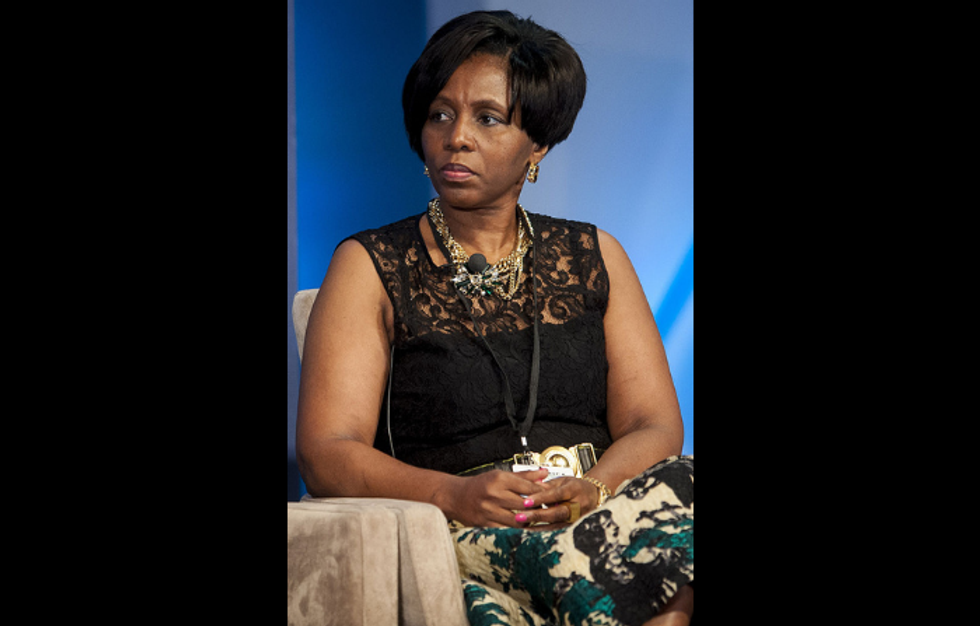
On the occasion, Dlodlo said the unit would help in building an ethical leadership to professionalise the public administration and establish a culture of reporting and whistleblowing. She said the main aim of the body would be to institutionalise ethical conduct in public administration.
South Africa: Indian-origin Covid scam whistleblower killed
Stressing that the unit’s formation was an important move in addressing corruption and encouraging workplace ethics, the minister said, “Section 195 of the (South African) Constitution requires the maintenance and promotion of a high level of professional ethics in the public administration. This not only speaks to the role of public servants performing their work in an efficient and ethical way, but also for those in leadership positions to act ethically at all times.”
Dlodlo added that “any anti-corruption and professionalisation initiative must allow employees to blow the whistle on corruption and for the protection of whistleblowers”.
“The death of [whistleblower] Ms Babita Deokaran highlights the imperative to increase awareness amongst employees on whistleblowing, to bolster early detection of corruption and criminal conduct,” she said.
“It is time that we revisit South Africa's whistleblowing regime and examine it vigorously, not only the legislation and its effectiveness, but also the lack of a single repository that can be used for research to strengthen the system and practice. We also need to interrogate the lack of cooperation across government to protect whistleblowers and we have to identify the bullies abusing their power to stop whistleblowing from happening,” she added.
Dlodlo also said that the unit was one of the many initiatives that the South African government has taken to weed out corruption.
On August 23, Deokaran, a 53-year-old Indian-origin woman, was shot multiple times through her car door when she returned home in a Johannesburg suburb after dropping her child at school. She died in the hospital later. It was alleged that her murder took place as a result of her providing critical information about a multi-million-dollar PPE fraud during the coronavirus-induced lockdown in the country in 2020. The matter caused a massive outrage, forcing the Ramaphosa administration to launch a high-level probe. A number of arrests were made in connection to the case.

